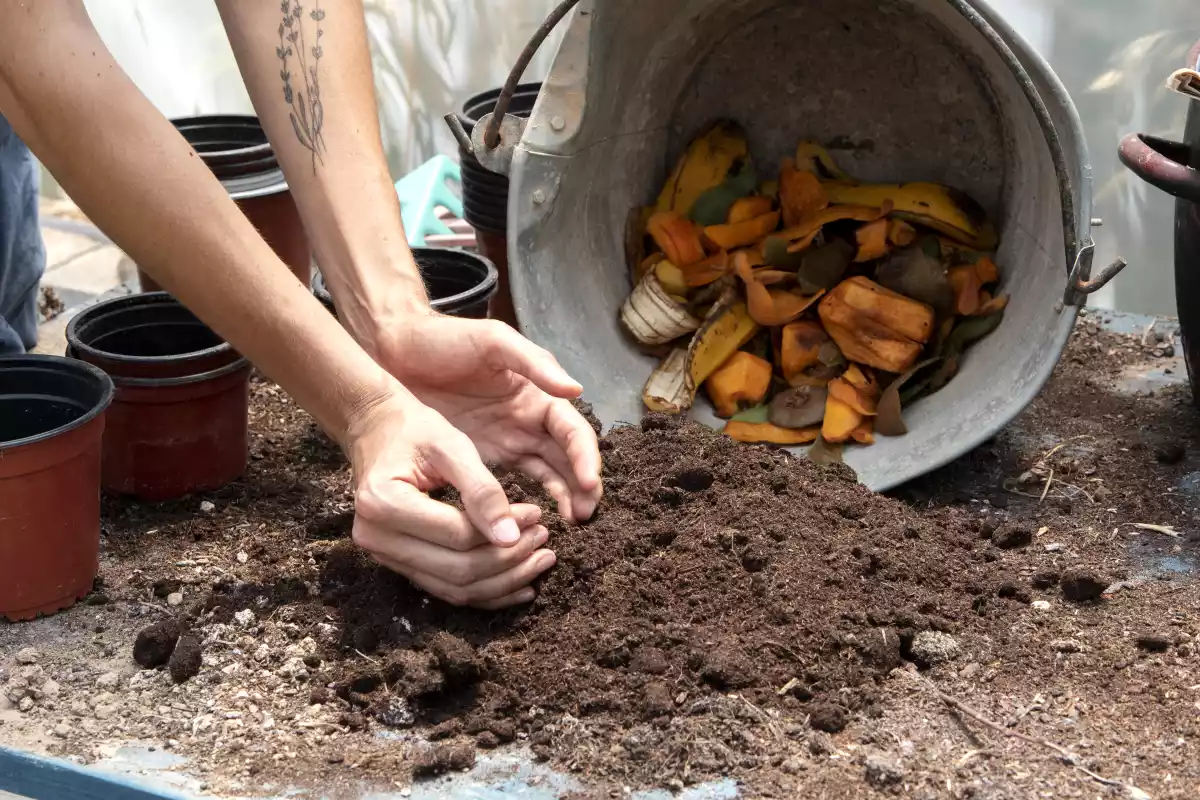These 5 foods you shouldn't put in your composter

Composting is an environmentally-friendly way of reducing waste while enriching the soil in your garden. However, not all organic waste is compatible with this method. Some can not only slow down the decomposition process, but also attract pests or throw your compost out of balance. Here's a list of foods to avoid.
Why avoid certain foods in compost?
Some foods are problematic for several reasons:
- Slow decomposition: Some require a very high temperature to decompose properly, which is not always possible in an individual compost.
- Nuisance: Others attract insects or animals, which can damage your garden or create unpleasant odours.
- Imbalance: Certain products, such as citrus fruits, can alter the pH of your compost and disrupt decomposition.
1. Meat, fish and animal products
Leftover meat, fish or shellfish should be avoided in the composter. These foods decompose slowly and require very high temperatures. In addition to their slow decomposition, they often attract rodents and flies, creating a nuisance around the compost bin.
2. Dairy products
Dairy products (milk, cheese, yoghurt, etc.) share the same drawbacks as meat scraps. In addition to attracting parasites, they can create unpleasant odors. They are also difficult to decompose, and may add excess fat to the compost, slowing down the process.
3. Fats (oil, butter)
Oils and fats, whether vegetable or animal, don't mix well with water and require a lot of moisture to decompose. They can also create dense, impermeable zones in the compost, slowing down the decomposition of other organic matter.
4. Citrus peelings
Although natural, peelings from citrus fruits such as lemons, oranges and grapefruit should be avoided in excess. Their acidity can alter the pH of your compost, making it less favorable to the micro-organisms responsible for decomposition. What's more, citrus peel takes a long time to break down.
5. Toxic seeds and leaves
Seeded foods, such as tomatoes or pumpkins, can germinate in your composter and invade your garden with unwanted plants. Rhubarb leaves, for their part, are toxic and can harm the quality of your compost. Garlic, with its natural insecticidal power, can also upset the balance of micro-organisms in your compost.
Other waste to avoid
In addition to foodstuffs, there are a number of other materials that should be avoided in your compost:
- Biodegradable bags: Although labeled as "biodegradable", they don't break down as easily as expected and may pollute your compost.
- Diseased or infested plants: Plants that have been infected by disease or infested by insects should never be composted. They risk transmitting these diseases to your soil and garden.
 Adèle Peyches
Adèle Peyches
Comments
Mcspong
The person writing this article either has a very bad composting system, or just a low temperature "rot box"
Neither of which can do a real composting job with a bad operator at hand. I assume this person layers their waste into the bin and doesn't comix/mingle brown and green together. Bet they can't get the temperature to anywhere near 72 degrees C so that they can achieve plant pathogen kill. That temp range also negates many weed seeds (not Tomatoes though) and assists in the breakdown of FOG's (fats, oils, & greases). Thermophiles love them and dairy products. They are the high temperature microbes that love hot organics and work very fast in breaking down organic matter to compost properly